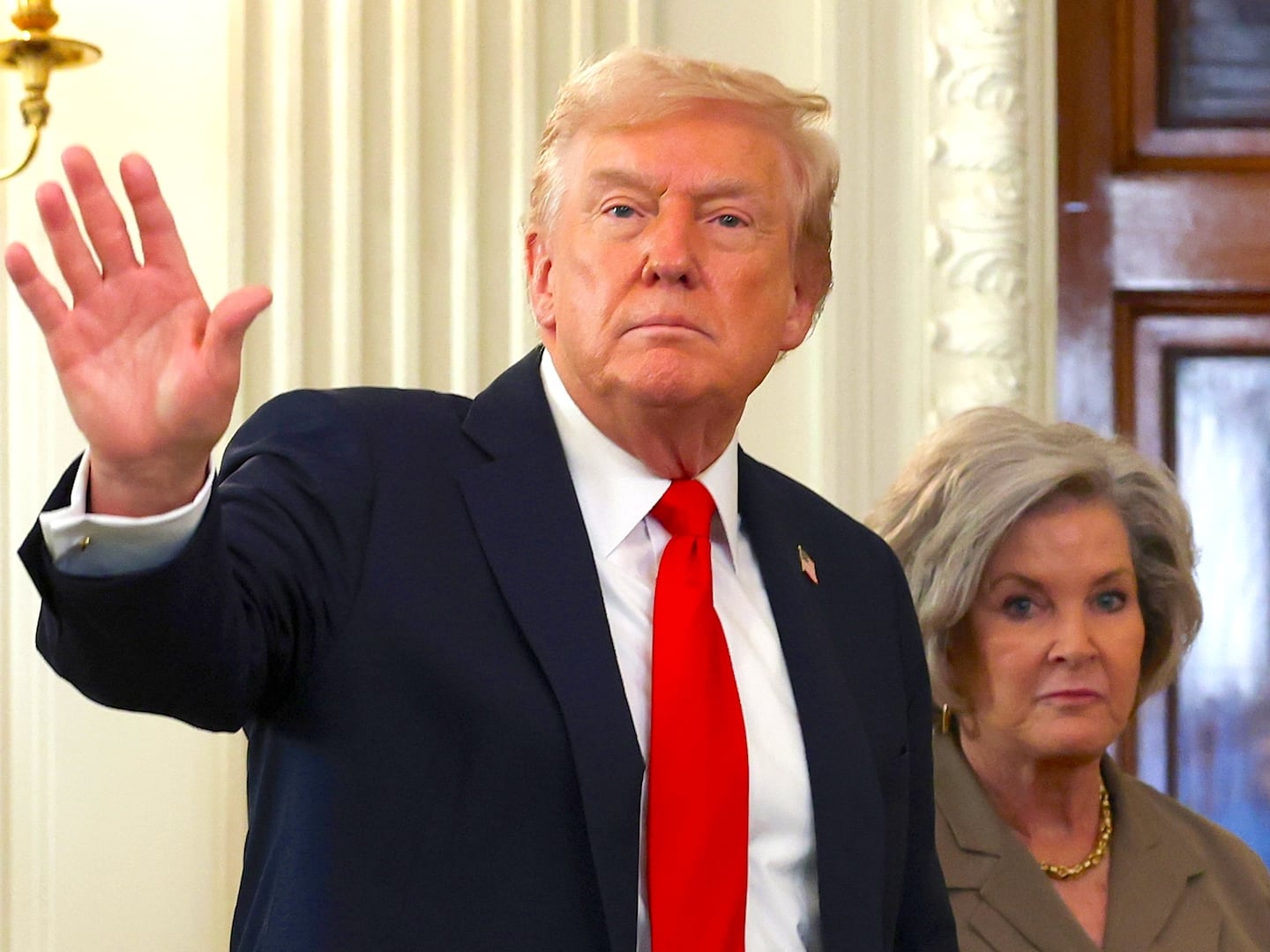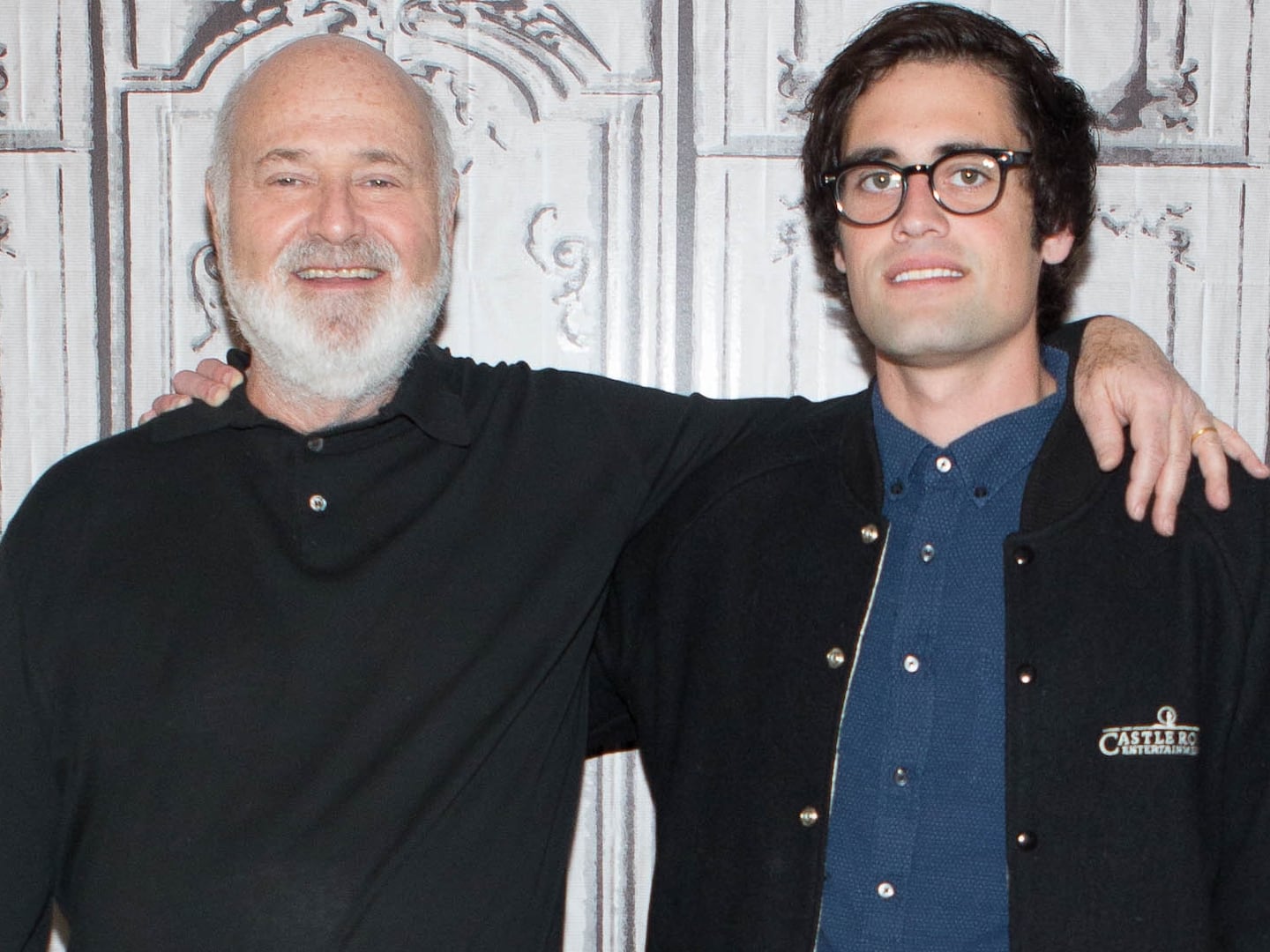The last time you chose Wendy’s over Subway, was it because of price? Convenience? The Jared ads?
No, no and no: it was actually closely related to your political affiliation—more specifically, the degree to which you like or dislike the idea of a central controlling authority making decisions for you.
That’s the claim, anyway, made by the marketing firm Buyology and its CEO, Gary Singer. For the last two weeks, Buyology has been touting a new survey it conducted to claim that our fast-food, coffee, and driving decisions are, at their core, partisan ones.
At Subway, for example, “You’re forced to build your own sandwich, whether you like it or not,” Singer said, in explaining why Republicans prefer the sandwich chain. “And so I’m equating that to the same concept of sort of egalitarian, open-ended decision making.” Meanwhile Democrats, Singer said, prefer Wendy’s. “Wendy’s is prepackaged, you know they have basically four or five or six items and if you want a double, it’s pretty much made for you. You order off the menu.”
Major media outlets, always hungry for simple explanations of complex phenomena, picked up the survey and ran with it. But according to experts who study the connections between politics and psychology, Buyology’s methodology—and the central data behind its conclusions—doesn’t come close to proving its provocative thesis.
In two interviews with The Daily Beast and in follow-up emails, Singer explained the core of the survey: Buyology took a demographically representative sample of 4,000 Americans and asked each to complete the survey. Each respondent was presented with a picture that they were allowed to look at as long as they liked—a big, emotionally loaded image like a fighter jet or a polar bear. Once they were ready to proceed, the “slideshow on steroids,” as Singer put it, began: a string of 240 brand images, presented one at a time in randomized order (with an eyestrain break after each 40). As the brands flashed by, a smaller version of the original image was kept on the screen.

The respondent’s task was to answer a simple question: Does the image match or not match the brand on the screen? In other words, does Subway fit with the image of a polar bear (or a beautiful horizon, or a sleeping child)? Each response was scored based not only on whether the participant clicked yes or no, but also on the speed with which he or she did, measured down to the millisecond—the idea being that the quicker a participant said yes or no, the stronger he or she felt or didn’t feel the connection. Responses that were too quick or too slow were tossed.
Singer said that all of the images they had chosen had been shown by Buyology’s previous work to elicit one of the four universal human “mega-emotions”—awe, exploration, superiority, and harmony. So, he argued, the comparison allowed Buyology to gauge emotional connections more deeply than they could by simply asking, “Do you feel connected to this brand?” Buyology then matched the responses to self-reported partisan affiliation, and out popped the data.
Or, at least, the data that Buyology has deigned to share publicly. The company’s press release (PDF), which contains only a set of hand-picked comparisons, highlights the Subway–Wendy’s divide, as well as the fact that Democrats apparently prefer football, while Republicans are more likely to be baseball fans. And Democrats prefer Wii, while Republicans like Xbox. Some brands—Visa, Google, Apple, Olay—are held in equal esteem by both.
Singer has theories for each of these preferences, and he hasn’t been shy about sharing them. In addition to the fast-food explanation, he pointed out that Republicans prefer baseball because free-market values reign and championships can (to a certain extent) be bought. This isn’t true in football. “The NFL, from a Democratic standpoint, has much more uniform rules, much more egalitarian in terms of the approach across the franchises,” Singer said. (He also mentioned the NFL’s use of a “lottery” as a means of maintaining this egalitarian ideal—although the NFL doesn’t have a lottery.)
To Singer, these preferences “supported the belief that the brands that Republicans are responding to more strongly tend to be a little bit more laissez- faire, a little bit more open-control … And that the brands that the Democrats were responding to more deeply tended to be a little more centralized and a little bit more democratic, in the true sense of the world.”
Perhaps—but there are countless red flags here (one of them being that Singer used “egalitarian” to describe both a Democratic preference and a Republican preference). The psychological experts I spoke with, though they agreed that there’s some evidence our ideologies can influence our brand choices in specific ways, didn’t buy Buyology’s method.
“I know of no published scientific evidence that supports this approach as a valid method for assessing the link between brands and specific emotions,” Brian Nosek, who studies political values at the University of Virginia, wrote in an email after The Daily Beast forwarded him a description of the survey that had been vetted by Buyology. “Further, there is no scientific support for the notion of four ‘mega-emotions’—and few would understand harmony or exploration or superiority as being emotions, or even as being concepts that are easily and indirectly primed by pictures of bears and planes. One wonders why they didn’t just use the word harmony itself as a prime.
“I don’t usually like to be so publicly blunt but, based on your description, this looks like a bunch of bullshit,” Nosek concluded. He did, however, write that “If there is a public report of their methodology and approach to validating it, I would be interested to see it.”
(In an emailed response, a Buyology spokeswoman said that “we use pictures rather than words because they are more effective at eliciting [a] deeper, nonconscious response,” and that the “mega-emotions” “are proprietary to Buyology and are based on over $10MM of internal research conducted across the globe over more than seven years.”)
But even assuming the methodology is sound, there are many other, potentially simpler ways one could explain these findings, according to Chris Chabris, a Harvard researcher and the author of The Invisible Gorilla: And Other Ways Our Intuitions Deceive Us. “You would think there would need to be some things they would control for before they come to the conclusion that they’ve got a good association,” he said.
In other words, simply finding that Democrats generally prefer Brand X to Brand Y tells you very little. It could be that what’s really driving consumers' relationships with these brands has to do with race or class or age or whether they live in a suburb or a city—or, more likely, some complicated combination of all those factors. Since Buyology doesn’t control for any of them—and isn’t willing to share enough data for researchers to determine which brand preferences were statistically significant and which weren’t—all we’re left with is some simplistic data and Singer’s blog-post-ready explanations.
It’s a classic example of how easy it is to make up stories that fit our preconceived notions. Singer would have been able to spin some appealing yarn no matter what data he came up with. For instance, imagine the Subway–Wendy’s question had gone the other way, and Democrats preferred Subway. It makes total sense! Subway, after all, reflects the stubborn individuality of the Democratic id, whereas Wendy’s, with its lily-white mascot and mid-century aesthetic, represents the simpler, more homogeneous America Republicans pine for.
What it comes down to is that Buyology’s brand-preference exercise is a survey, not a scientific study, which would involve stating a clear methodology, controlling for confounding variables, and peer review. But that didn’t stop Buyology from listing it as a study in its press release. Buyology wants to have it both ways, to drape itself in the language and legitimacy of science (a spokeswoman for the company asked that it be referred to as a “neuro-insight firm”), but without following any of the rules that separate science from your everyday half-baked Internet survey.
And because of the credulous coverage provided by the Huffington Post, the LA Times, Time.com, and other outlets, tens or even hundreds of thousands of people have likely accepted the “fact” that Democrats prefer Wendy’s because of its centrally planned hamburgers.
This isn’t to say there is no connection between purchasing preferences and political affiliation. Researchers such as Jonathan Haidt have uncovered deep, fascinating aspects of the partisan divide. It’s a burgeoning, active area of research.
But unlike an online survey, science is a gradual, painstaking process that generates more questions than answers. We need intelligent explanations of rigorous research—not pat answers posing as such. Like a Wendy’s hamburger, these cute stories might be temporarily satisfying, but they won’t do us any good in the long run.






